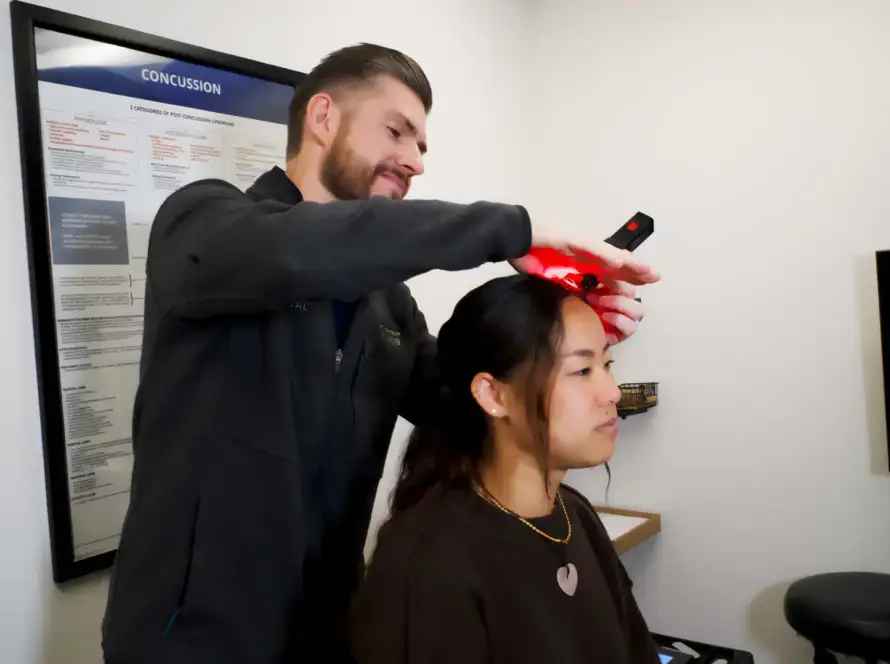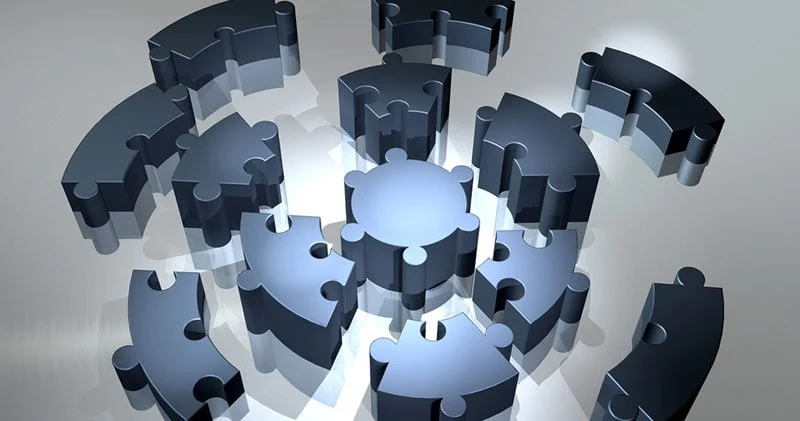July 7th was World Chocolate Day, and while many celebrated by indulging in a square (or three), at Norcal Brain Center, we’re digging deeper into why your brain craves chocolate and how it can support your neurological health.
Whether you’re navigating memory loss, concussion recovery, migraines, vestibular syndrome, light sensitivity, dizziness, or brain fog, understanding the neuroscience of chocolate may help you leverage this delightful treat with intention.
Chocolate and Neuroplasticity: Building Brain Resilience
Neuroplasticity, the brain’s ability to rewire itself, is a cornerstone of concussion rehabilitation and traumatic brain injury therapy. Flavonoids in dark chocolate have been shown to enhance neuroplasticity by increasing brain-derived neurotrophic factor (BDNF), a protein that supports neuron growth and repair.
For those recovering from concussion-related symptoms like poor memory, brain fog, or early memory loss, adding moderate amounts of high-cacao chocolate may complement your brain-based rehab by:
- Enhancing memory formation
- Supporting cognitive flexibility and problem-solving
- Aiding focus and concentration during recovery
Chocolate and Blood Flow: Fueling Brain Healing
Many patients experience fatigue, lightheadedness, dizziness, vertigo, and headaches after a concussion. Chocolate can improve cerebral blood flow, helping deliver oxygen and nutrients to brain areas undergoing repair.
A small piece of dark chocolate (70% cacao or higher) may help:
- Support vestibular disorder treatment through improved circulation
- Reduce feelings of dizziness and vertigo
- Ease migraines and headaches
Note: While chocolate may aid blood flow, be mindful of triggers if you have migraines sensitive to chocolate.
Chocolate and Mood: Supporting Emotional Health During Recovery
Concussion and TBI often bring emotional symptoms, including:
- Feeling frustrated or impatient
- Easily angered
- Feeling depressed or tearful
- Restlessness
Chocolate contains phenylethylamine (PEA), which helps elevate mood by stimulating the release of endorphins. It also supports serotonin production, which can ease emotional dysregulation during recovery.
This may be beneficial for patients experiencing insomnia, sleep disturbance, and restlessness post-concussion, as mood regulation is tightly linked to sleep quality.
Chocolate and Sleep: Friend or Foe?
Sleep challenges like difficulty falling asleep, staying asleep, insomnia, and sleep apnea side effects are common in post-concussion syndrome.
While chocolate has magnesium, which supports relaxation and sleep, it also contains caffeine and theobromine, which may disrupt sleep if consumed too close to bedtime. If you struggle with sleep problems and disorders, enjoy chocolate earlier in the day to avoid worsening insomnia and sleep issues.
Chocolate for Nausea: A Surprising Ally?
Nausea, vomiting, and appetite changes can be part of concussion recovery. While chocolate isn’t a traditional remedy for nausea, small amounts of dark chocolate can sometimes help settle the stomach for those who tolerate it well.
For post-concussion patients with unexplained vomiting or nausea, consult your provider first before using chocolate as a remedy, as it may not be suitable for all.
What Type of Chocolate Is Best for Brain Health?
Not all chocolates are created equal. For neurological benefits:
- Choose dark chocolate with at least 70% cacao for the highest flavonoid content
- Avoid chocolates high in sugar and dairy additives
- Limit portions to 1-2 squares per day to avoid excessive caffeine and sugar intake
Can Chocolate Help with Memory Loss?
Studies suggest flavonoids in chocolate may:
- Improve cognitive performance and memory
- Support brain health in aging populations
- Assist with brain fog and memory lapses
However, chocolate is not a replacement for concussion therapies, TBI rehabilitation, or therapy for memory loss, but it can complement a neurorehabilitation plan.
Chocolate, Balance, and Vestibular Symptoms
For those dealing with vestibular syndrome, dizziness, and balance issues, chocolate’s impact on blood flow may support stability, but watch for potential migraine triggers. Balance retraining and vestibular rehabilitation remain essential.
Integrating Chocolate into a Brain-Healthy Lifestyle
To leverage chocolate’s neurological benefits:
- Pair with brain-based rehab and neuroplasticity exercises
- Combine with hydration, movement, and vestibular retraining
- Eat alongside brain-boosting foods like omega-3-rich fish, leafy greens, and nuts
- Use as a reward post-therapy to enhance motivation during your healing journey
Key Takeaways
- Chocolate supports neuroplasticity, memory, blood flow, and mood regulation during concussion recovery.
- Choose dark chocolate (70%+ cacao) in moderation for the most brain benefits.
- It may aid fatigue, dizziness, and mild mood symptoms, but can disrupt sleep if consumed late.
- Chocolate should complement, not replace, evidence-based concussion treatment.







